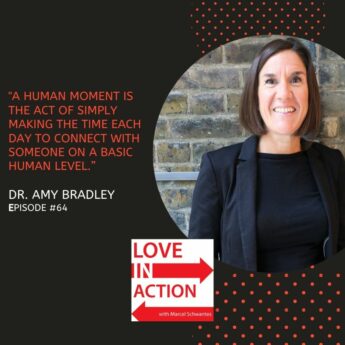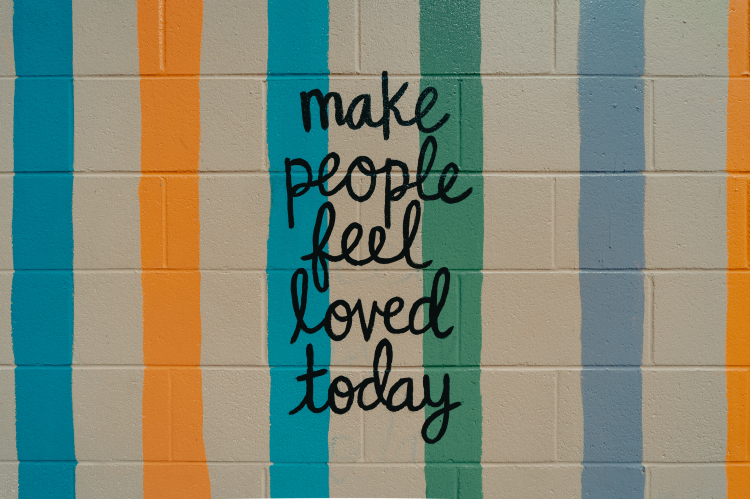During this global pandemic, we’re all navigating through a “new normal.” Faced with restrictions to our daily movement, most of us are now working remotely and are reliant on technology as our only means of communication with work colleagues. This means no more lunchtime walks with teammates, chats by the coffee machine, or swapping gossip in the office car park. However, it’s not Covid-19, that may have diminished our sense of connection with one another at work. This was happening long before the pandemic.
Where are you on your emotional thermometer?
Our workplaces had become transactional and dehumanized before Coronavirus hit. So many of us had turned our emotional thermometers down in order to cope with the brutality of work life, that we had forgotten how to feel. Organizations had become so focused on rewarding productivity and output, that many employers had become obsessed with profit over people. Our lives had become so hectic and we were so busy, many of us had no time to care for ourselves, let alone our colleagues down the corridor.
Let’s reset the humanity clock
Covid-19 is a watershed moment. It gives us a chance to re-set humanity’s clock. It’s an opportunity to reflect on who we are and what we value, so that we can discover the best version of ourselves and our organizations. This global pandemic has brought our sense of shared humanity into sharp relief. We see through the experience of friends, family, and work colleagues that as human beings we all suffer, we all fail, and we all feel overwhelmed at times.
Now is an opportunity to reflect on who we are and what we value, so that we can discover the best version of ourselves.
There are examples of connection, kindness and compassion being shared every day; be it clapping for our carers; rainbows in windows; or community responses to support the vulnerable. So, how can we build the same momentum within our own organizations?
By making time for a human moment.
A human moment is simply taking the time each day to connect with someone at a basic human level and asking them how they are; not because we are being polite, or because we are on autopilot; but because we are genuinely interested and we care. Just because we are now physically distant from our colleagues, this need not mean we are emotionally disconnected.
People disclose their vulnerabilities and their struggles when they feel safe and when they feel the other person is present, attuned, and listening with empathy; so human moments are about opening ourselves up for an encounter to unfold. If and when it does, we should listen with empathy and without judgement, we should acknowledge the other person’s experience even if we can’t change it, and we need to accept that we may not have the answer about what is helpful, or the right thing to do for that person at that time.
By making time for a human moment, we enable people to own-up to their struggles and we give ourselves permission to disclose our own.
Human moments are imperative in the workplace, to prevent our organizations from becoming more distant and fractured in these times of crisis. By making time for a human moment, we create opportunities to connect with our colleagues and build the quality of our relationships. With the rise in remote working and reliance on technology as a means of communication, we need human moments more than ever. By making time for a human moment, we enable people to own-up to their struggles and we give ourselves permission to disclose our own. The next time you ask a work colleague on a Zoom call how they’re doing, if asked with kindness and without judgement, you just might open a space for something other than the standard “I’m fine” response.
Being accessible and willing to listen can often be a simple yet powerful role for colleagues to play. After all, a human moment is a moment for us to acknowledge that we’re all cut from the same cloth and we’re not alone. We must make time for the human moment in our daily work interactions, since human moments are food for the soul.
Listen to Amy’s Love in Action podcast


Her recent book, The Human Moment: The Positive Power of Compassion in the Workplace, is a hands-on manual to cultivating a culture in the workplace that practices and supports compassion. Listen here as she joins Marcel Schwantes to discuss the book, and how its principles apply in today’s world.
Spotify Apple Podcasts
Hult offers a range of highly skills-focused and employability-driven business school programs including a range of MBA options and a comprehensive one year Masters in International Business.



